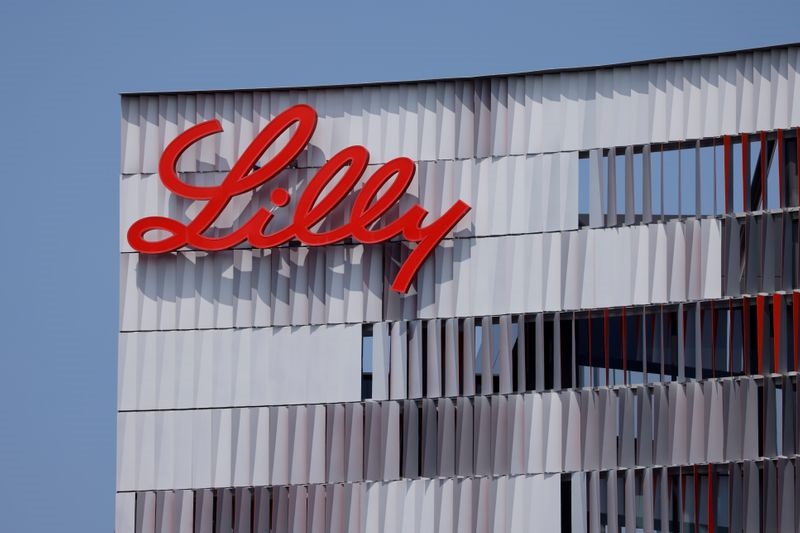This post was originally published on this site

Shares of Eli Lilly (NYSE:LLY) are up almost 8% in sympathy with Biogen (NASDAQ:BIIB), which trades about 54% higher in pre-open Wednesday.
Biogen announced that its Alzheimer’s experimental drug, developed with Japanese partner Eisai (TYO:4523), yielded very positive results. The study hit the primary endpoint and did it in a style as it showed a 27% reduction in disease progression.
As a result, shares of LLY and other drugmakers that are developing drugs for the disease are also trading higher today. Here’s what top biotech analysts have to say about the impact on LLY’s own candidate donanemab.
UBS: “This update provides the first true late-stage clinical validation of the a-beta hypothesis, which is a positive readthrough for LLY’s donanemab. We had previously stated that on lecanemab success, we would expect a potential 5-10%+ upside move (corresponding to ~15-20% absolute increase in prob of success) based on higher probabilities of success being assigned to donanemab. Given the strength of the lecanemab data, we see potential for even greater upside for LLY.”
Cantor Fitzgerald: “We believe that the Street expectation was that LLY’s stock would be down ~10% when the lecanemab data read out negatively. The news today could potentially change the Street’s and physicians’ view of the beta-amyloid hypothesis, and hence the market opportunity (including broad reimbursement) for LLY’s donanemab. Therefore, we are reiterating our OW rating and $360 PT for LLY’s stock.”
Morgan Stanley: “As a result of these Lecanemab data we generally have more confidence in the a-beta hypothesis and the likelihood of success for LLY’s donanemab (a-beta antibody), where we currently ascribe a 50% POS in our LLY model.”
Truist: “We see a positive read-through for donanemab (Ph3 expected mid-2023), for which we model $8.1B in global risk-adjusted peak sales. We believe potential positive data from Roche’s (SIX:RO) gantenerumab (expected 4Q22 / potentially CTAD) would further support the amyloid hypothesis and potential for donanemab.”



